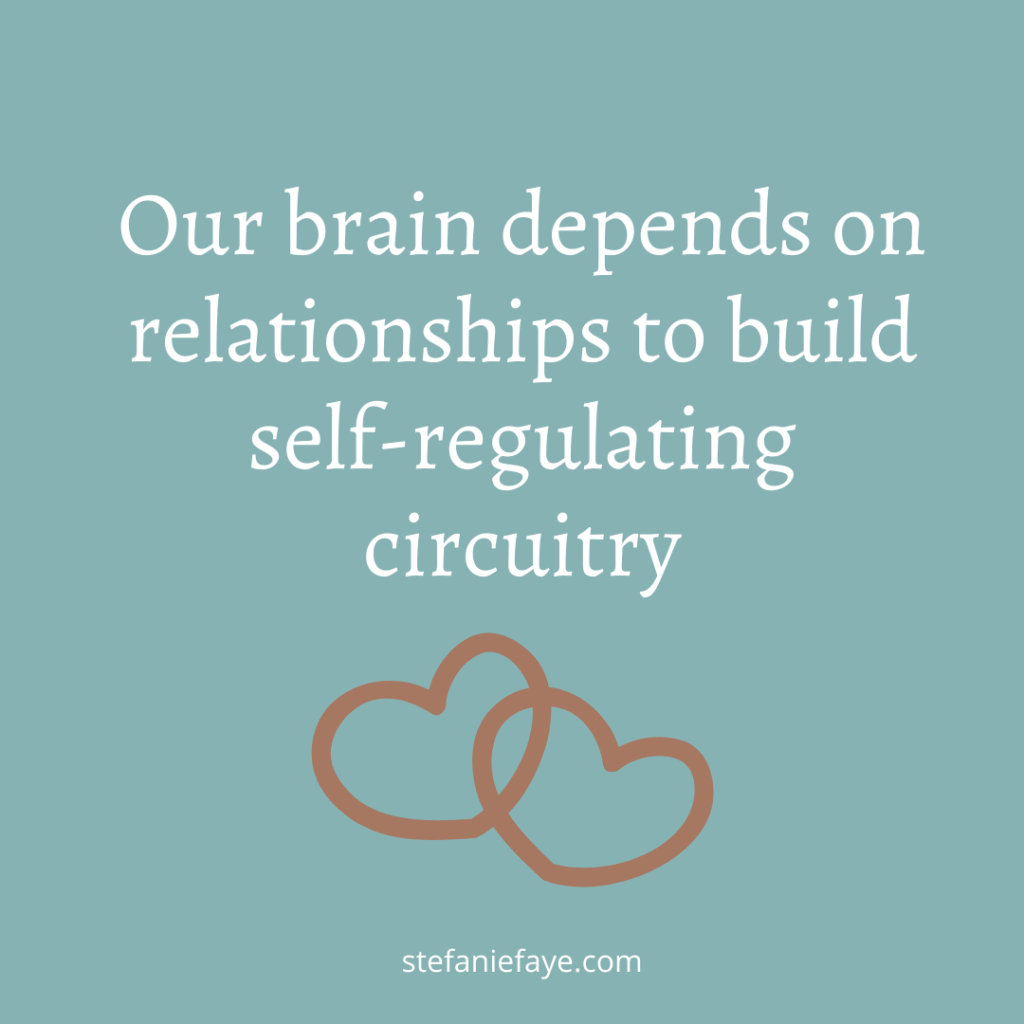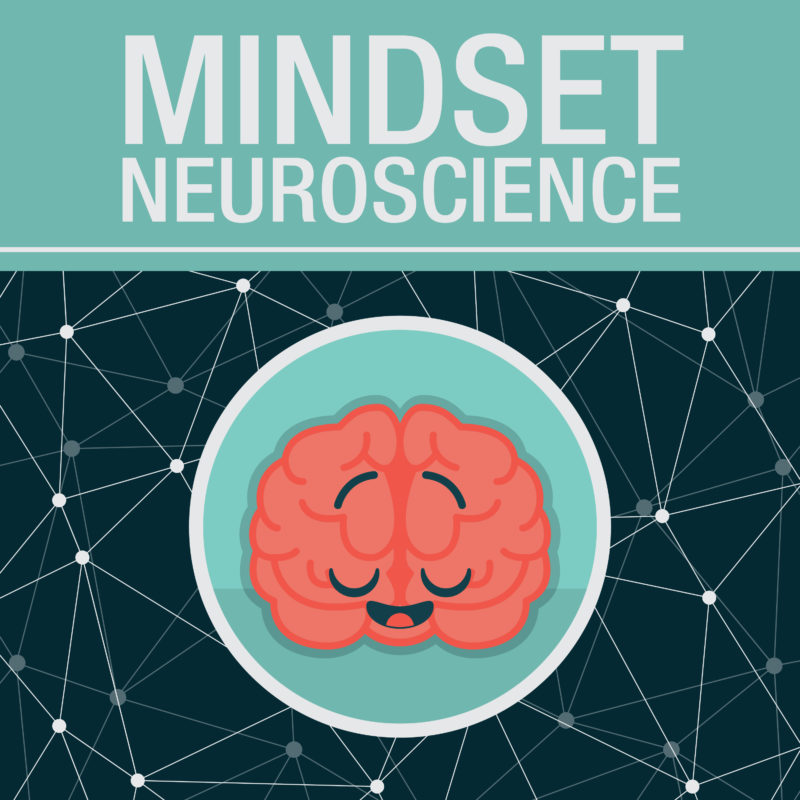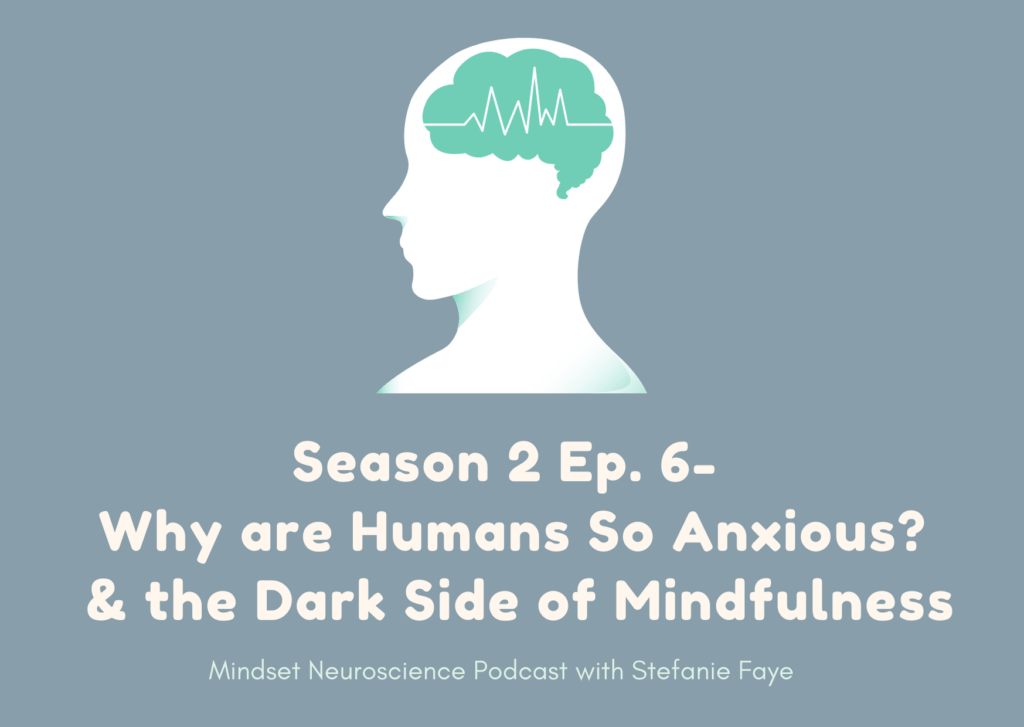
When we focus on trying to 'fix' dysregulation without acknowledging how it emerged, we are conveying a message that somehow the anxiety or overreaction just ‘appeared’ because of an imbalance in their brain and that distress, dysregulation and anxiety are an isolated problem about that individual.
Treating the brain in isolation not only sends a disempowering message to the person experiencing challenges, it's also neurologically inaccurate.
The ability to self-soothe is not genetically programmed to just ‘happen’ without the right conditions.
Our ability to self-regulate comes from social feedback systems that help us build our self-regulating circuitry.
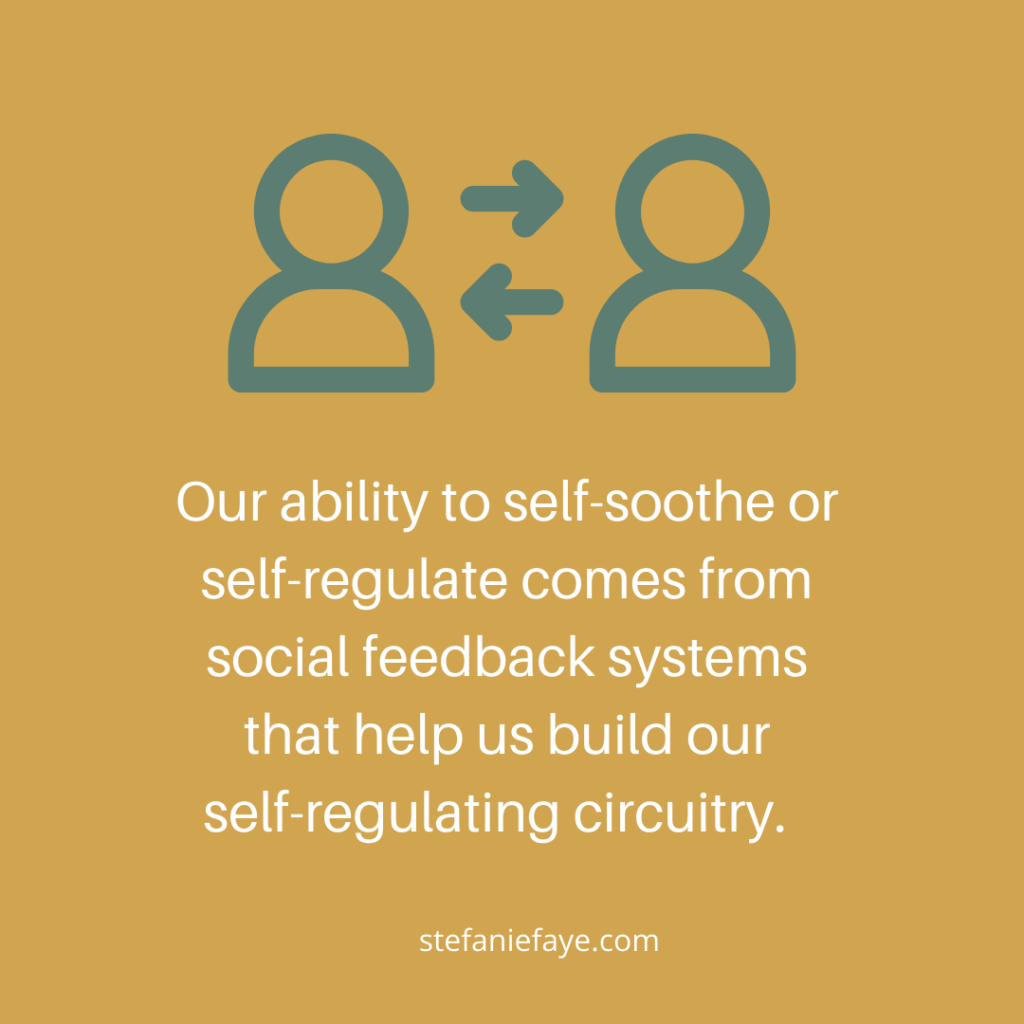
Disruptions to this system can happen in our earliest years, as well as during traumatic, tragic and violent events that occur later in life.
For example, if a person has been exposed to war, tragedy, natural disaster (incident-based trauma) or abuse, neglect or severe family dysregulation (complex trauma), there is a very strong chance that their mind-brain-body holds these traumatic stress responses in unconscious ways.
Incident-based and complex trauma create nervous system response patterns that can damage self-regulating abilities and lead to behaviors that are disruptive and harmful for relationships.
It can lead a person to never feel like they can let their guard down.
So it becomes a perpetual cycle: the very thing they need is a secure relationship, but their past experiences make it hard for them to achieve this.
When circumstances and events activate our nervous system in ways that exceed its ability to self-soothe and regulate, these events can get stored in our brain-body circuitry as ‘cellular memories’ that are:
- Visceral - something you feel within your organs and the deeper layers of your skin,
Non-verbal - nothing that you can really make sense of in terms of words or explanations or categories of labels - Procedural - Almost like muscle memories that are more like a ‘mechanical automation’ - your body moves in that way without you having much awareness of it
(from: Affect Dysregulation and the Origins of the Self by Allan Schore - one of my favorite books)
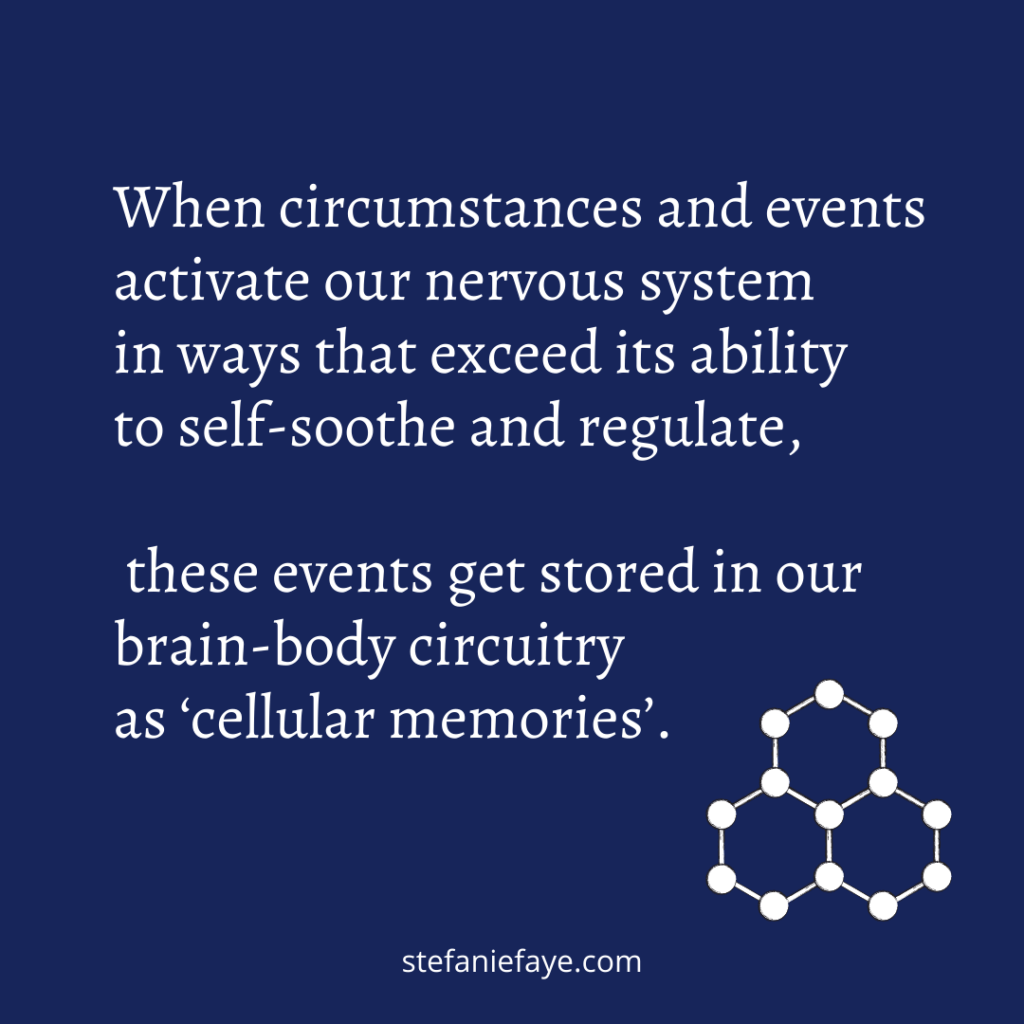
Our brains depend on relationships to build self-regulating circuitry.
The good news is that this is also why we can interrupt the cycle.
When something isn't genetically programmed to just 'happen' without certain conditions, it means that it is ‘experience-dependent’.
If we give our brain-body system new experiences, it can build new circuitry.
The first step to finding our way out of this is to
- become better 'noticers' of our patterns
- understand where our patterns come from
Dysregulation and anxiety have roots. They don't just 'appear' in someone's brain.
The more you can see these roots now - as an adult - the better you can get at noticing when something in your current experience is triggering something from your past. This can help you start to notice that a reaction you’re having may not be in alignment with what is actually occurring. This is what I am also currently working on.
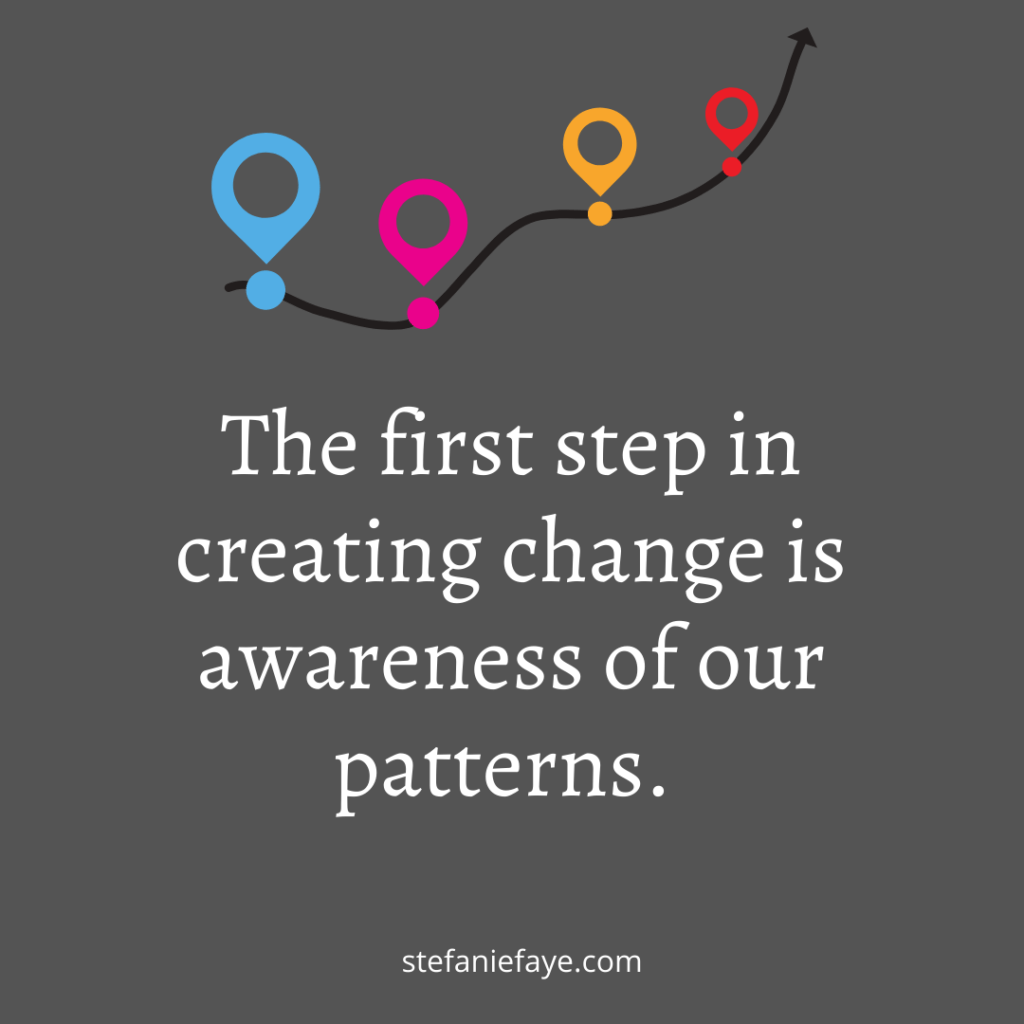
Change comes from awareness that you then apply in real-time.
There’s no drug, medication or single modality that does this internal work. It’s not to say they can’t be used for temporary relief. But the power to become aware, and connect dots and then choose a new movement, through trial and error. And to have compassion for ourselves as we do this - that’s the work.
It's not a quick fix. But it's the mechanism by which we actually alter our neural architecture and break the cycle of transmitting it to future generations.
In Episode 6, we look at some of these patterns - on both a personal and social level, and what I call the ‘dark side’ of mindfulness.
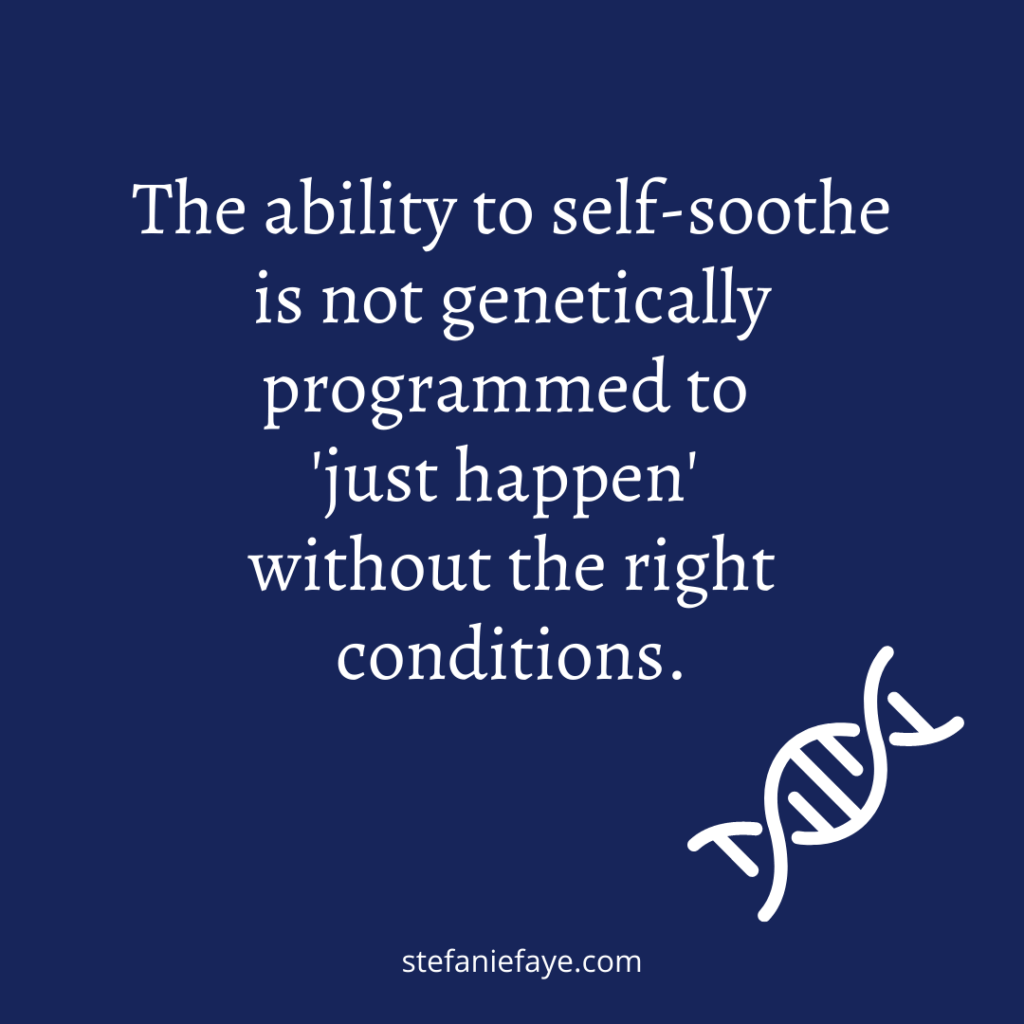
#posttraumaticstress #trauma #resilience #neuroplasticity #anxiety #mentalhealth
